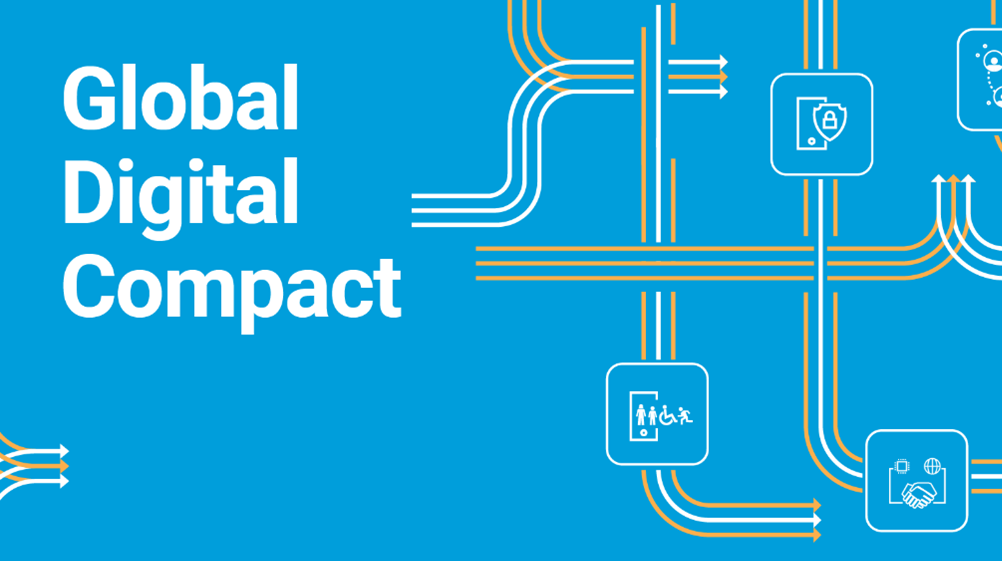Our vision for algorithmic accountability as a human right.
This is our oral statement to Co-facilitators, Rwanda and Sweden, for the road map for Intergovernmental Process on the Global Digital Compact*.
Thank you Co-Chairs + Colleagues,
As we have heard, velocity and scale of digitalisation are transforming every part of society in every part of the globe as we speak.
Systemic gender, racial and intersectional bias sit at the core of current AI & Algorithmic Decision-Making (ADM) processes wiring historic bias, inequity and discrimination into newly digitised economic, governance, and social systems.
Algorithms based on incomplete or biased data (gathered from a small subset of the global north population) and the models built from them incorporate false assumptions of gender, race, class and caste. This situation will evolve into ever more difficult to dismantle inequalities – if we do not act now.
Combatting and correcting this wired bias and discrimination is urgent in order that pro-social capabilities of AI & ADM can be activated to deliver equality outcomes, designed with inclusion at the core of the code in order to create new opportunities & innovative correction of inequities.
So that we all can thrive, and no one is left behind we need human rights-based frameworks for algorithmic accountability, including explainability, and the rights of all to know when algorithmic decision making has had any part of a decision affecting a human life, and a form of address and redress. This is urgent in order for us to continue to have robust and honest citizen engagement & possibilities for genuine and global innovation going forward.
*Women@TheTable are incredibly proud to have been called upon to make an official statement to Co-facilitators, Rwanda and Sweden, for the road map for Intergovernmental Process on the Global Digital Compact*. These Informal Consultations with Member States and Stakeholders will take place from January – June 2023. The Global Digital Compact, expected to “outline shared principles for an open, free and secure digital future for all”, will be formally negotiated by Member States at the UN General Assembly in September 2024. Statements from civil society from numerous sectors and fora will form a part of the basis of consultations to these negotiations.
Following the political declaration adopted at the occasion of the United Nations’ 75th anniversary in September 2020, the Secretary-General in September 2021 released his report Our Common Agenda PDF. The Common Agenda proposes a Global Digital Compact to be agreed at the Summit of the Future in September 2024 through a technology track involving all stakeholders: governments, the United Nations system, the private sector (including tech companies), civil society, grass-roots organizations, academia, and individuals, including youth.
The Global Digital Compact is expected to “outline shared principles for an open, free and secure digital future for all”. The Common Agenda report suggests issues that it might cover, including digital connectivity, avoiding Internet fragmentation, providing people with options as to how their data is used, application of human rights online, and promoting a trustworthy Internet by introducing accountability criteria for discrimination and misleading content. Find out more here.
Last modified: November 8, 2023
